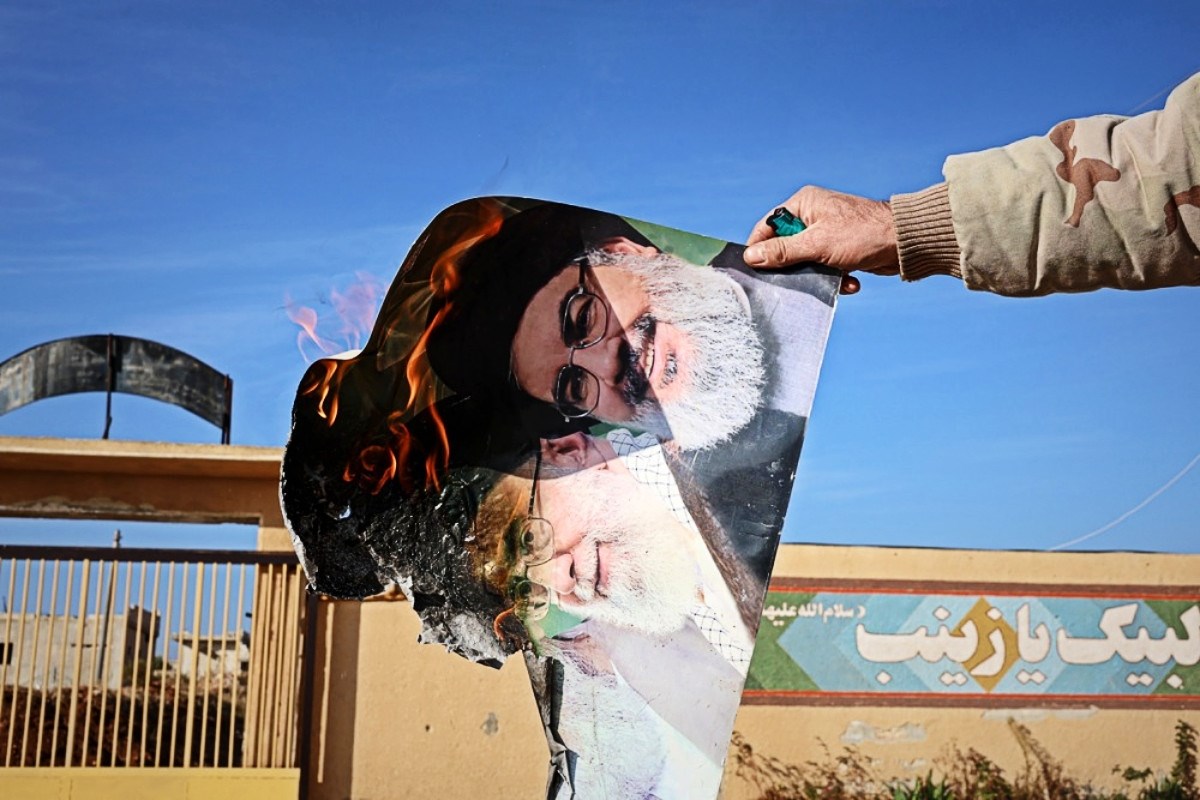Recent reports indicate that Israel planned an assassination attempt on Iran’s Supreme Leader, Ayatollah Ali Khamenei, while the US administration reportedly intervened to prevent the move. Khamenei has been Iran’s Supreme Leader for over thirty years and holds a key role in governing the country, including control over military and nuclear capabilities. Israel views him as a legitimate target due to his role in the Iranian military regime. Iran functions as an authoritarian state where citizens have no influence over the selection of the Supreme Leader, and criticism of Khamenei can lead to imprisonment. This situation reflects complex geopolitical tensions in the region, including US-Israel relations and Iran’s internal politics.
Political Perspectives:
Left: Left-leaning sources tend to emphasize the authoritarian nature of the Iranian regime under Khamenei, highlighting human rights abuses such as suppression of dissent and lack of democratic processes. They may criticize both Israel’s aggressive tactics and US interventionism, framing the situation within broader geopolitical power struggles and the impact on ordinary Iranians.
Center: Centrist sources focus on the factual reporting of the assassination attempt plans and the geopolitical implications. They present Khamenei’s role as a powerful theocratic leader and the strategic concerns of Israel and the US regarding Iran’s military and nuclear capabilities. The narrative is balanced, acknowledging the complexity of the regional tensions without strong ideological bias.
Right: Right-leaning sources emphasize the threat posed by Khamenei and the Iranian regime to Israel and Western interests. They often support Israel’s right to defend itself and may portray the assassination attempt as a justified action to destabilize a hostile regime. US intervention is framed as a strategic move to maintain regional security and counter Iranian aggression.








































